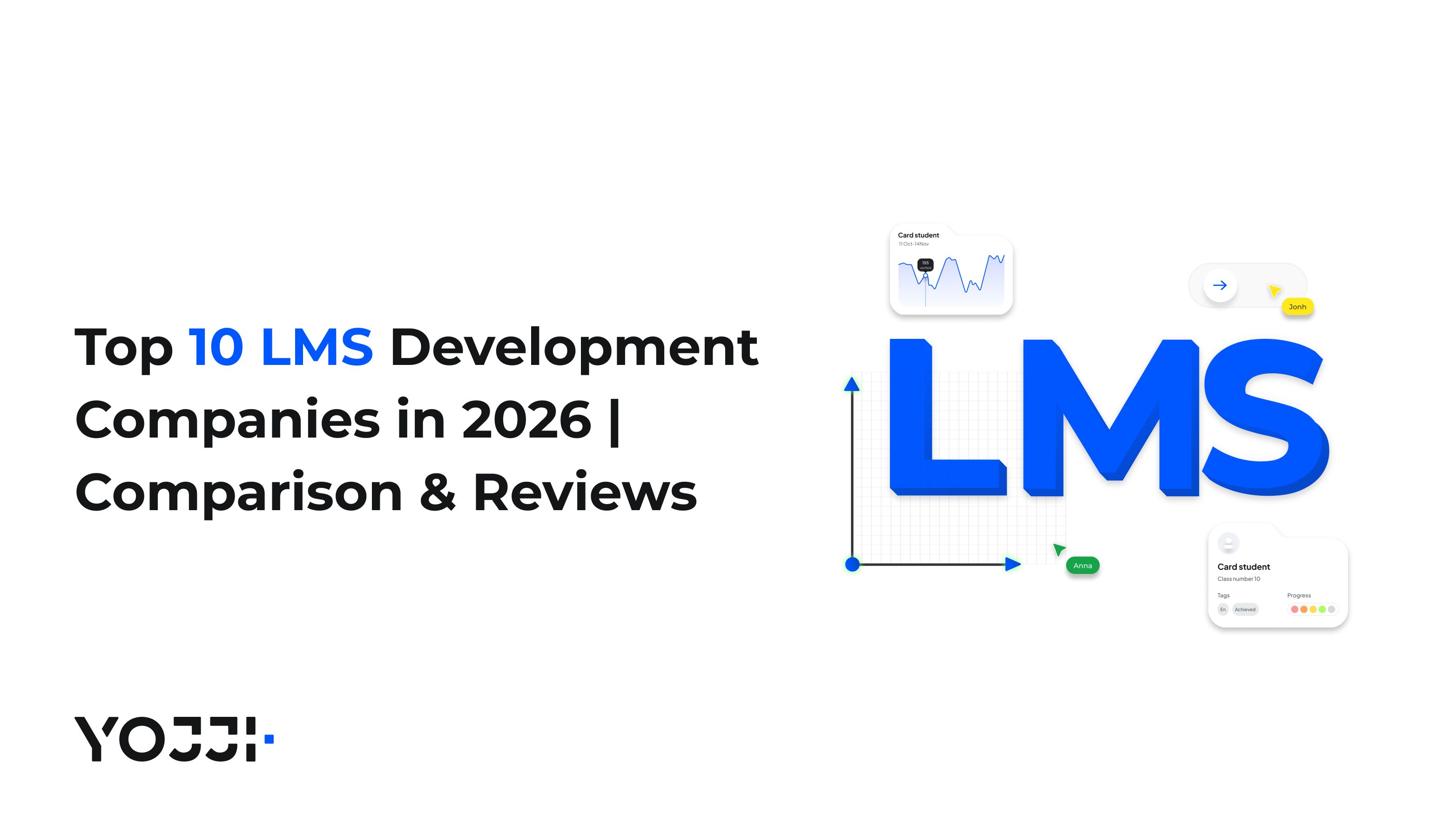Cybersecurity in Tech: Everything You Need to Know

Data security is a topic everyone has discussed, and for a good reason. Preventing data breaches is the most critical challenge when working with customer data. Now, cybersecurity is another topic of paramount importance. The financial transactions company Revolut suffered a severe data breach on September 11, 2022. This happened due to a social engineering attack. 50,150 people's data, including names, addresses, emails, and credit card numbers, was exposed in the hack. Attacks of this kind are growing more frequent. Data security is crucial since concerns about financial security are growing. This article covers the most critical aspects of FinTech cybersecurity and explains how to identify and address them.
Understanding FinTech Cybersecurity
Financial technology, or FinTech, is completely transforming the delivery of financial services. However, this change necessitates the immediate defense of these systems against online attacks. It is essential to protect personal data and economic activities. In the sector, trust and dependability cannot be sustained without it. FinTech cybersecurity protects digital financial systems using various techniques and tools. This entails protecting private data, encrypting internet transactions, and blocking illegal access. FinTech requires cybersecurity since managing sensitive data is a part of providing financial services.
Risk identification and management are critical components of FinTech cybersecurity. Threats to FinTech organizations are diverse, and they include ransomware, malware, phishing attempts, data breaches, and many more. For instance, a FinTech company called Robinhood suffered a data breach in 2020 that compromised about 2,000 accounts. They fell victim to a phishing scam. Likewise, Capital One experienced a significant data breach in 2019. Over 100 million customers' personal information was compromised. The consequences could scarcely be more dire. These dangers may result in monetary losses, harm to the company’s reputation, and legal problems. FinTech companies must, therefore, prepare for potential threats and implement thorough cybersecurity safeguards. This is a matter of paramount importance.
FinTech companies need to be proactive to reduce these risks effectively. This means employing advanced security technologies and fostering a culture of cybersecurity awareness. Frequent awareness campaigns and training sessions are crucial. Breach prevention is achieved by teaching staff to spot phishing emails. Google sets an example as a tech giant that prioritizes data safety. The tech giant employs rigorous training and awareness programs.
Furthermore, FinTech firms should conduct regular security audits and assessments. Regular audits can reveal weak points in the system, allowing companies to strengthen their defenses. Continuous monitoring and improving security protocols are essential to building a robust defense. PayPal conducts security assessments and updates its protocols to stay ahead of emerging threats. This rule helps them ensure the security of its extensive user base.
Companies can protect operations, maintain customer trust, and contribute to a secure environment. All they have to do is to focus on data security. No exceptions.
Read also: How to Build a FinTech Startup: Tips From Industry Leaders
Identifying FinTech Cybersecurity Risks
Financial technology introduces cybersecurity threats that need to be controlled as it continues to transform financial services. Preserving sensitive data begins with recognizing these threats, which also contributes to maintaining the integrity of financial systems. Phishing attacks are among the most common dangers in the FinTech sector. They involve tricking receivers into divulging personal information through false emails or messages. Although a well-known threat, phishing is effective because it uses impersonation techniques and human psychology.
Another serious risk is malware. This dangerous program can interrupt operations, compromise data, and penetrate financial systems. Because FinTech organizations handle high-value data, they are especially susceptible to malware assaults. Malware frequently causes significant harm and is difficult to identify and eradicate once it has gained access. One particular kind of threat that presents a risk to FinTech companies is ransomware. In a ransomware assault, hackers encrypt a company's data and demand a ransom to unlock it. Attacks of this nature impair operations, result in money losses, and harm one's reputation. FinTech organizations are likewise quite concerned about data leaks. Advanced cyberattacks, lax security procedures, or insider threats can cause such intrusions. A data breach can result in monetary loss, legal ramifications, and a loss of customer trust. For FinTech organizations, vulnerabilities related to third-party vendors are a serious concern. Businesses that depend on outside providers for services such as data storage and payment processing "welcome" security concerns. If a vendor is compromised, fraudsters may gain access to the organization's networks.
Fintech organizations require a thorough cybersecurity strategy to handle these threats. This strategy includes system monitoring, strong authentication techniques, staff training, and technology defenses.

Critical Strategies for Cybersecurity in FinTech
Companies need a smart approach to cybersecurity to safeguard their operations and customer data. Here are some essential strategies to enhance the security of financial technology systems:
Implementing Robust Authentication Mechanisms
Strong authentication is a cornerstone of secure FinTech systems. Multi-factor authentication (MFA) plays a significant role here. Users using MFA must submit numerous verification forms, including a password, a fingerprint, and a one-time code that is texted to their mobile device. This layered approach makes it harder for unauthorized users to gain access. By adopting MFA, companies reduce the risk of unauthorized entry and protect sensitive information.
Data Encryption and Protection
Another critical strategy is data encryption. Encryption transforms data into a secure code that can only be read by those with the proper decryption key. This ensures that even if data is intercepted, it remains inaccessible to unauthorized users. FinTech firms should use strong encryption methods for data in transit and at rest. Keeping encryption software up-to-date is important to defend against new threats and vulnerabilities.
Regular Security Audits and Assessments
Ensuring that FinTech systems are secure requires regular security audits and evaluations. These audits examine the infrastructure, procedures, and practices used by a business in cybersecurity. Businesses recognize their vulnerabilities and proactively strengthen their defenses by evaluating security solutions. Penetration testing exposes vulnerabilities by having ethical hackers try to break into the system. Frequent audits improve the security posture and assist guarantee adherence to industry requirements.
Related: Outsourcing Software Development to London: Costs, Benefits, and Strategic Advantages
Employee Training and Awareness
There's no avoiding human error—it remains one of the largest cybersecurity threats. Awareness and training programs for employees are crucial. It is imperative that FinTech companies conduct frequent training sessions. Keeping staff members informed about the most recent threats is their aim. It is essential to train employees to recognize questionable emails and to recognize the need to adhere to security procedures in order to avert assaults. Consider a scenario where a worker spots a fraudulent email posing as a "bank" and decides to report it rather than reply. Vigilance like this can have a profound impact. A well-informed and vigilant group of individuals serves as a robust barrier against online attacks.
Regulatory Compliance and Standards
It is critical for the FinTech sector to adhere to cybersecurity regulations. Numerous legal frameworks safeguard confidential financial data and guarantee the soundness of financial institutions. The General Data Protection Law (GDPR) is a significant piece of legislation in Europe. Strict adherence is maintained to privacy and data security regulations. The Payment Card Industry Data Security Standard (PCI DSS) provides information on card payment security. The USA's Gramm-Leach-Bliley Act (GLBA) mandates that financial institutions protect sensitive data and give an explanation of their information-sharing procedures.
Conclusion
In financial technology, cybersecurity is the thread that weaves integrity and progress together. As we forge ahead, let's embrace the mantra: "Secure today, innovate tomorrow." Doing so can build a financial future where security and innovation go hand in hand. Let's create a world where every transaction is a step toward a safer, more trustworthy digital age.
At Yojji, our team, like no other, always prioritizes cybersecurity. We have a diverse portfolio with loads of projects and have never allowed any security breaches to stop us from delivering our services. Our designers, developers, architects, project managers, and QAs are trained to spot suspicious activity. We will help you transform your dream into reality. Fast. Secure. Contact us to learn even more information and start building software that matters with Yojji.
Looking to hire developers?



